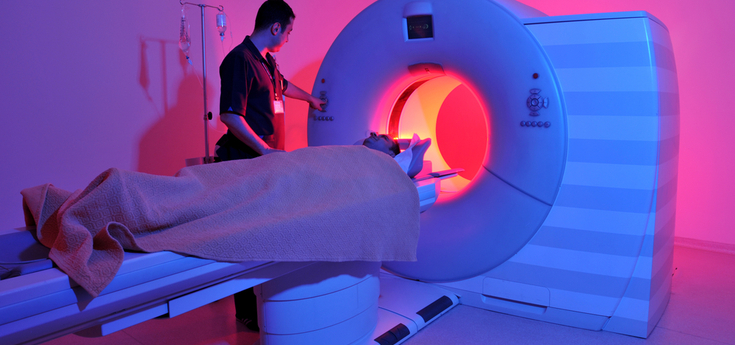Revolutionary “game-changing” cancer drugs that researchers say can target any type of tumour are being fast-tracked by the National Health Service (NHS) in the United Kingdom.
NHS chief executive Simon Stevens says the drugs, referred to as “tumour-agnostic” drugs, offer huge benefits to thousands of patients previously regarded as untreatable, according to a report on website news-medical.net.
Mr Stevens told a conference that tumour-agnostic drugs could target any type of cancer, irrespective of where in the body it originated or the tissue type in which it developed.
He said the NHS had to be ready to fast-track the drugs in the same way as it had CAR-T cell therapies for cancer. CAR-T therapies are a form of immunotherapy that uses specially altered T cells to precisely target cancer cells.
The report explains that most cancer drugs target a tumour that has developed in a particular organ or tissue. A tumour-agnostic drug treatment treats any kind of cancer and can be used when the tumour has a very specific molecular alteration that is targeted by the drug or predicts that the drug is likely to work.
“This means they can be used to treat a range of cancer types, shrinking tumours in up to 75 per cent of cases,” said Mr Stevens. “Two drugs that do this are due to be made available within months.”
The genetic flaw that the new drugs target is a neurotropic tyrosine receptor kinase (NTRK) gene fusion. The alteration is most commonly found in rare cancers such as infantile fibrosarcoma but is also present at low levels in more common cancers.
The drugs work by blocking NTRK, which results in shrinkage of the tumour.
One of the drugs was developed by Bayer and the other by Roche.
Mr Stevens has urged drug manufacturers to establish treatment prices that are fair and affordable.
Ian Walker, director of clinical research at Cancer Research UK, said: “The concept of focusing on specific mutations that drive a person’s disease, versus the cancer type, is a fascinating one.
“Whilst this approach may not work in all cases, where the weight of clinical evidence supports the approach, this could open up opportunities for cancer treatment that we wouldn’t have had 20 years ago.
“It’s essential that patients are offered routine genetic analysis of their tumours, no matter where they live, to match them to appropriate treatments, such as these drugs.”
Dr Alia Kaderbhai says GPs should not lose sight of the importance of risk reduction.
Speaking about developments in the screening of a variety of cancers, she said: “As primary healthcare professionals our key role is in risk reduction, in particular with regard to lifestyle modifications.
“We still really need to be focusing on preventive health, such as exercise, weight control, limiting alcohol consumption [and] not smoking.”
Are you excited by developments in treating cancers? In which key areas would you like to see similar breakthroughs?
If you enjoy our content, don’t keep it to yourself. Share our free eNews with your friends and encourage them to sign up.
Related articles:
‘Men’s disease’ killing more women
Flu virus’s best friend
What happens when you stop having sex

